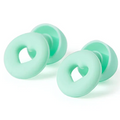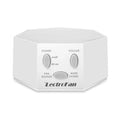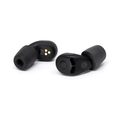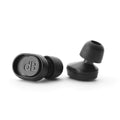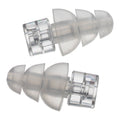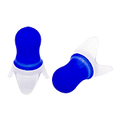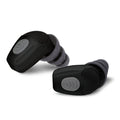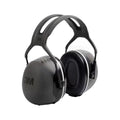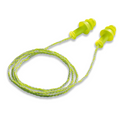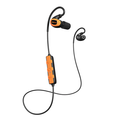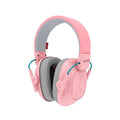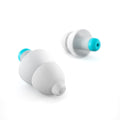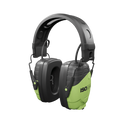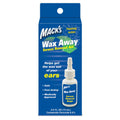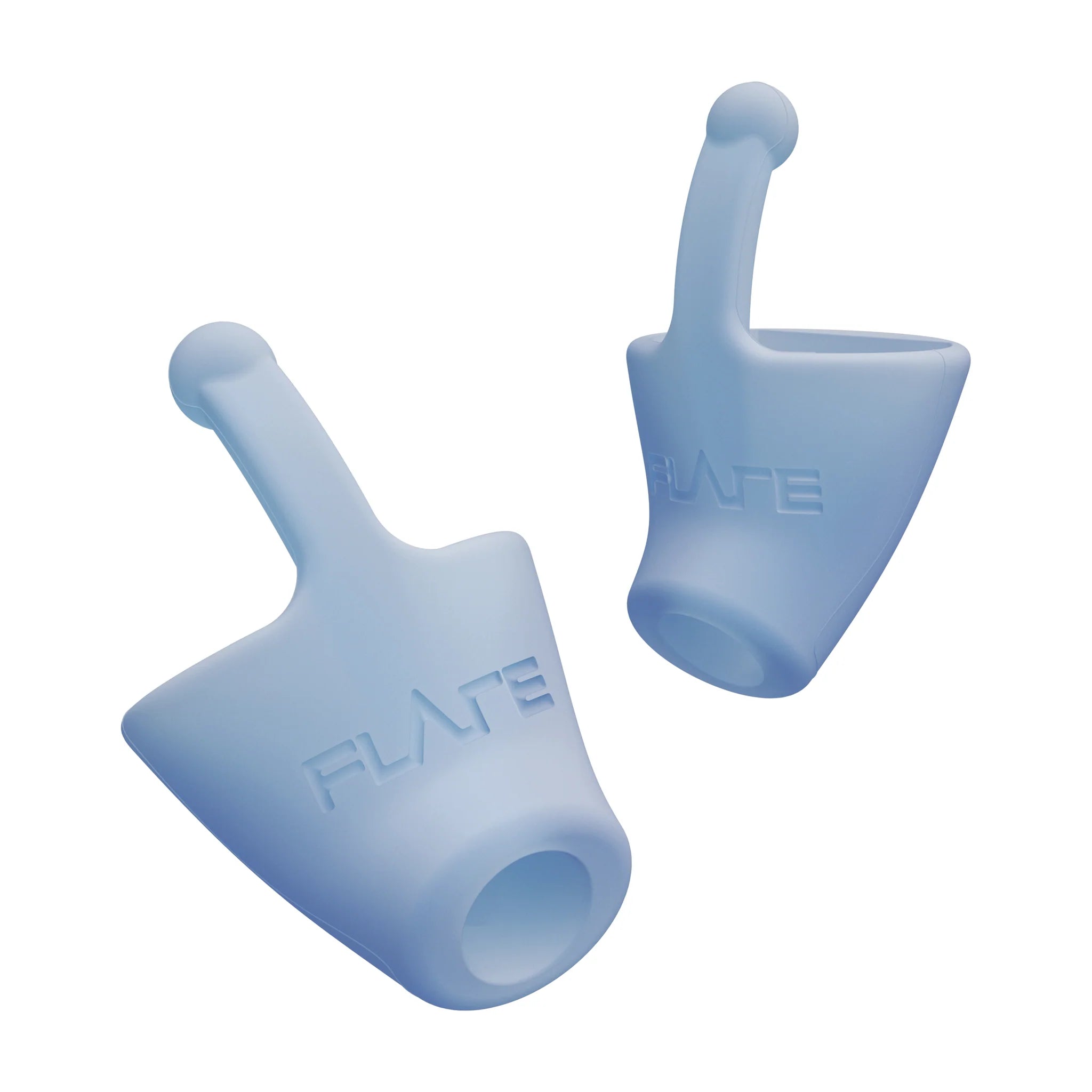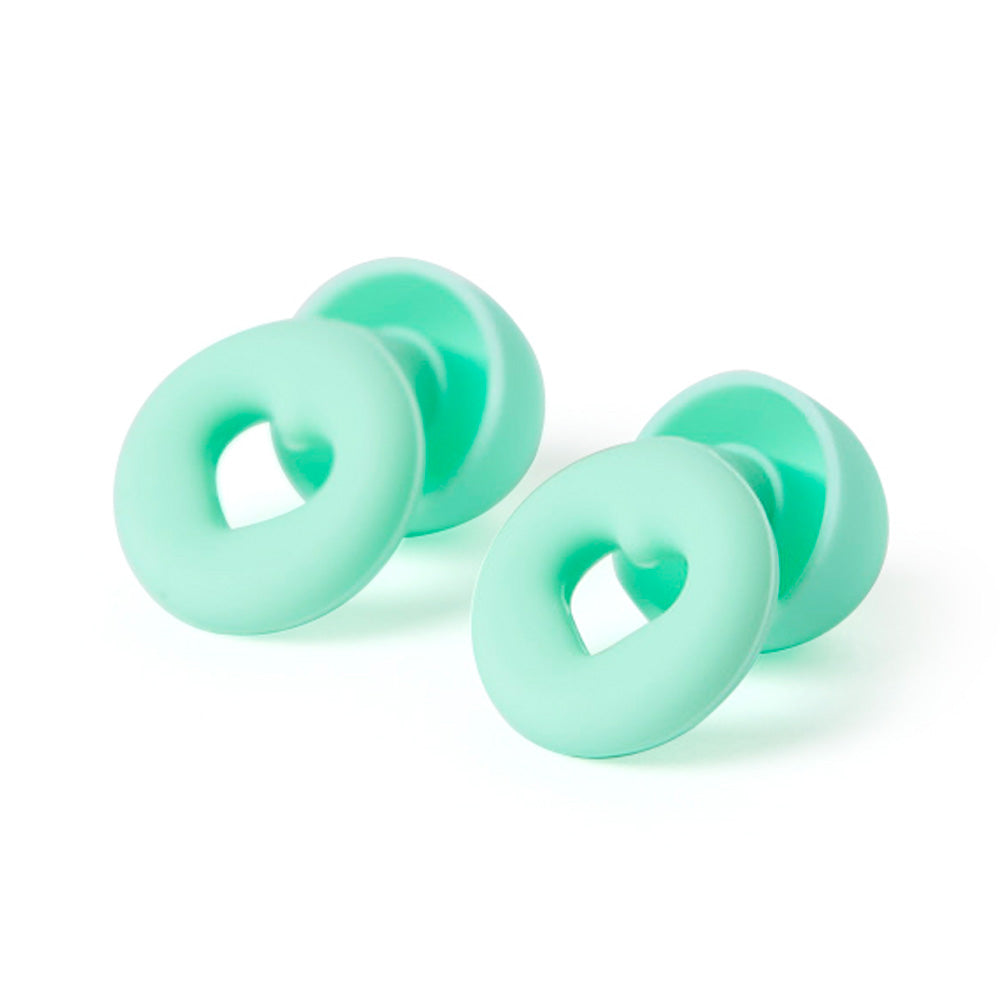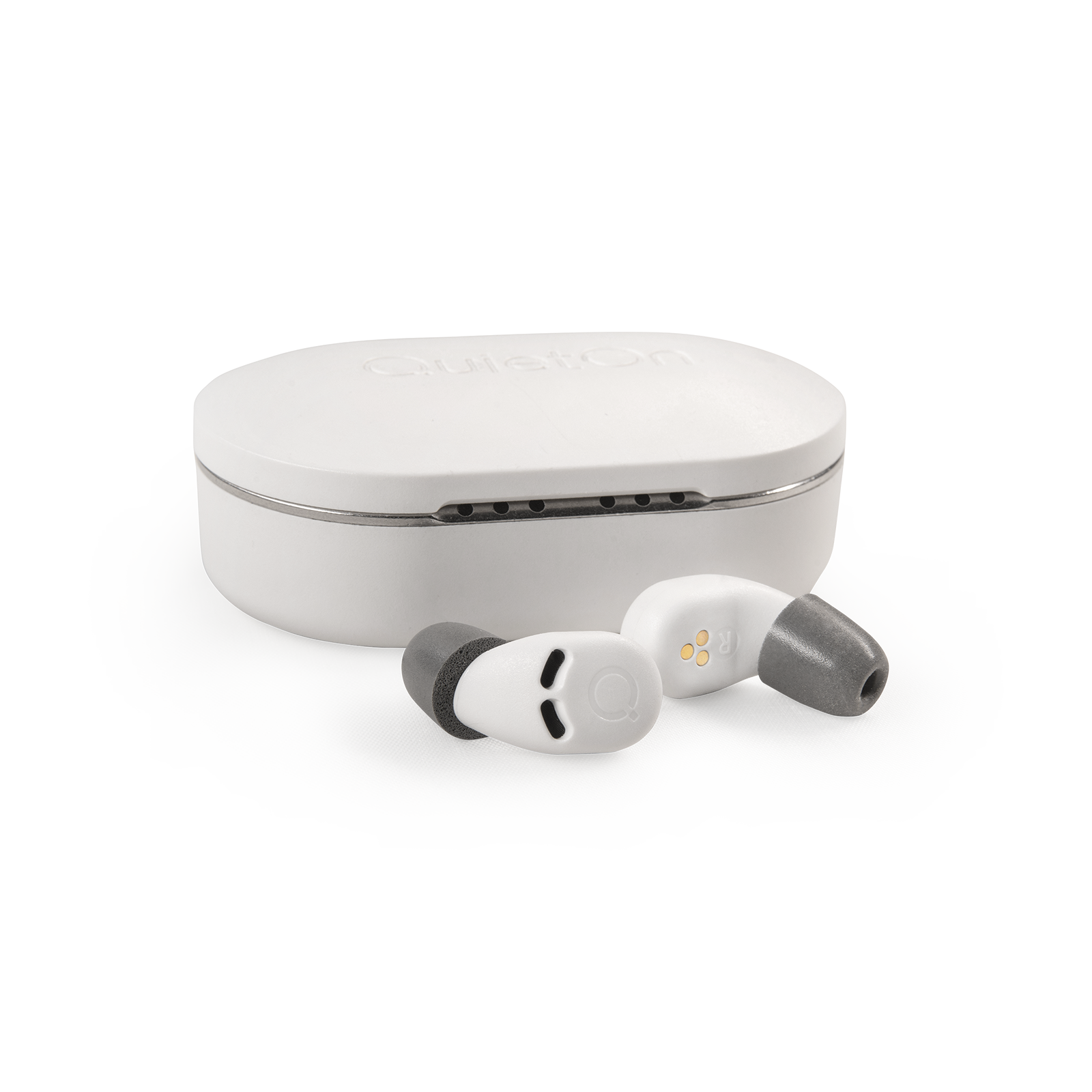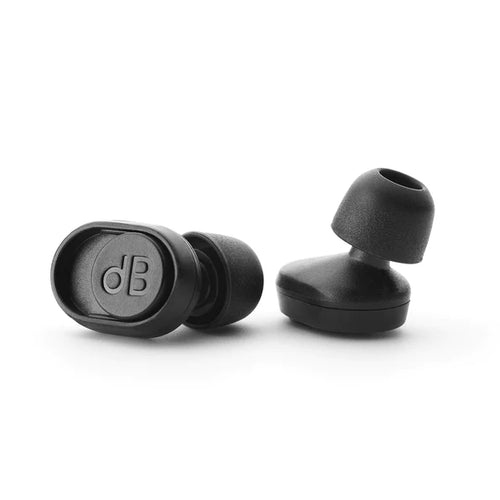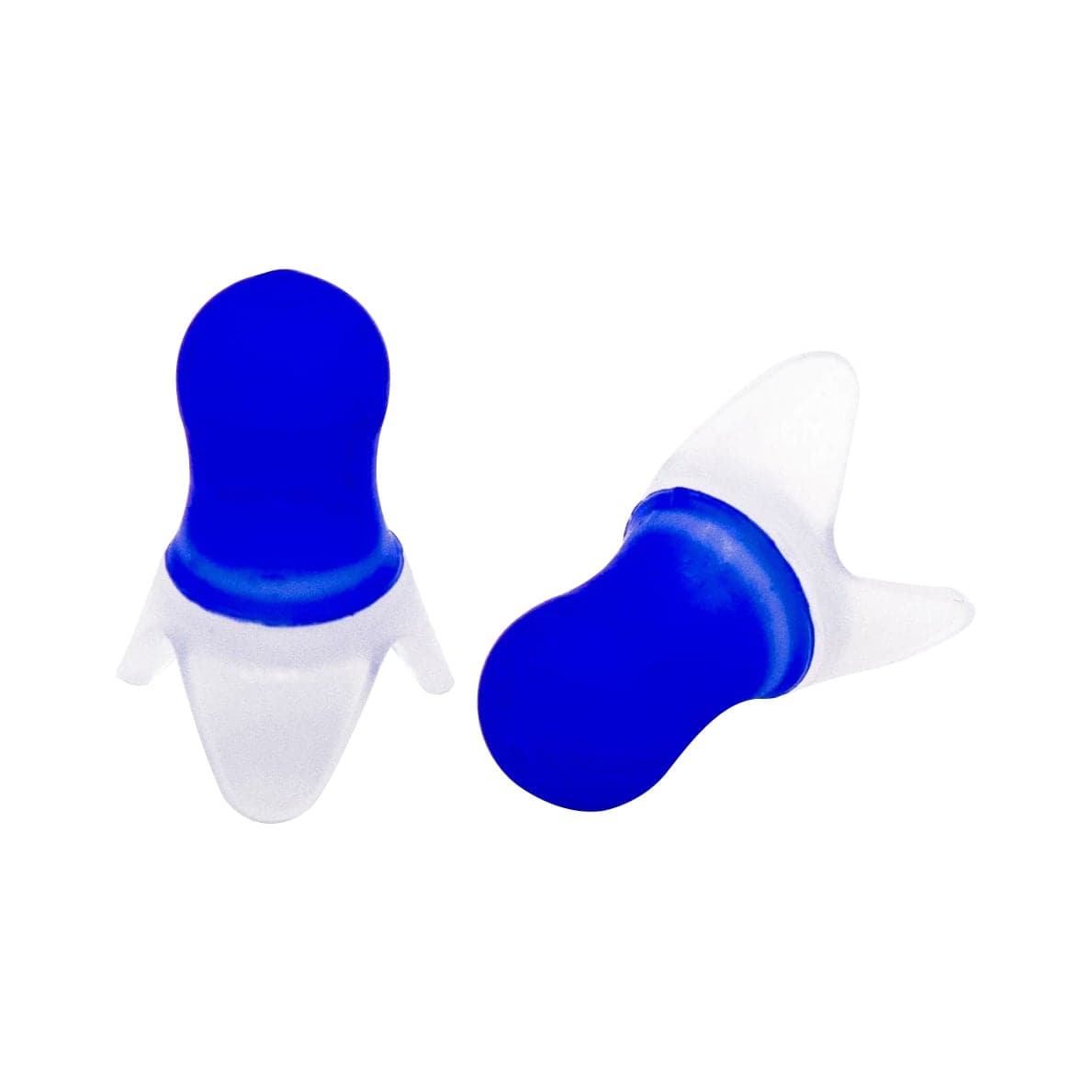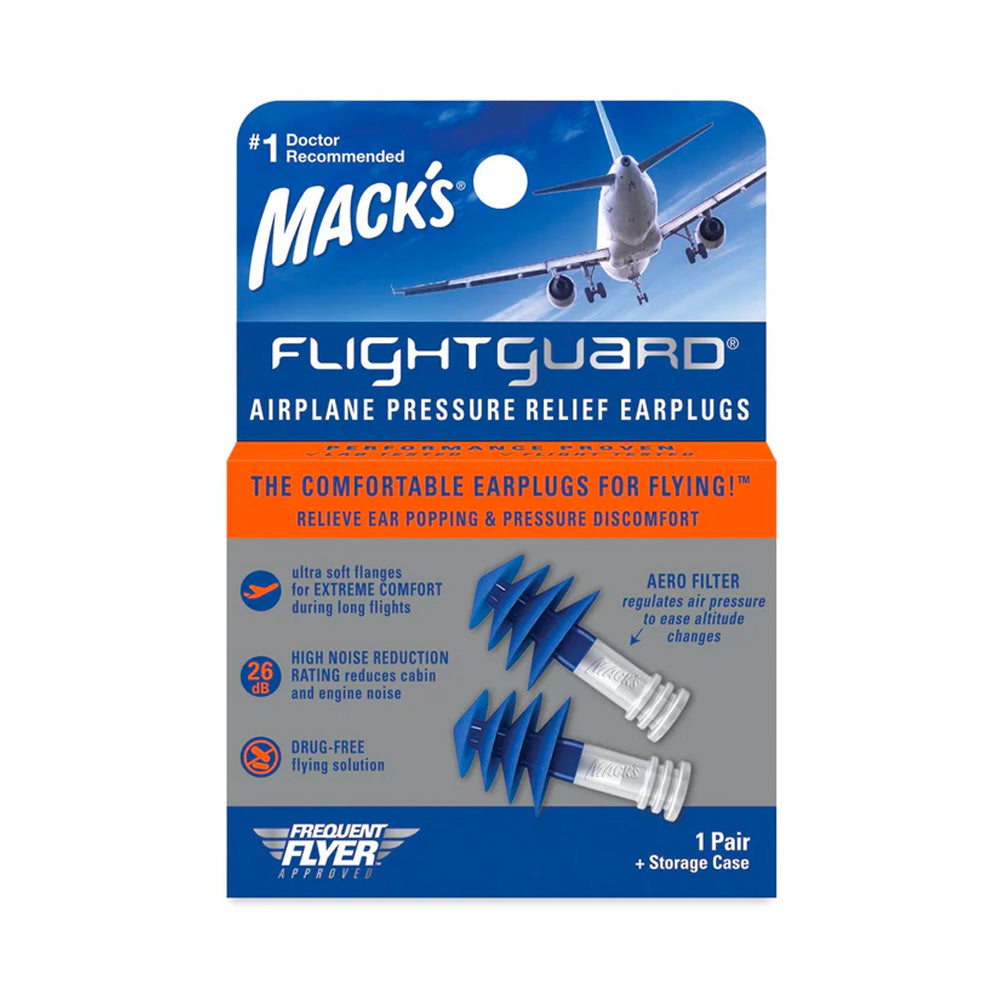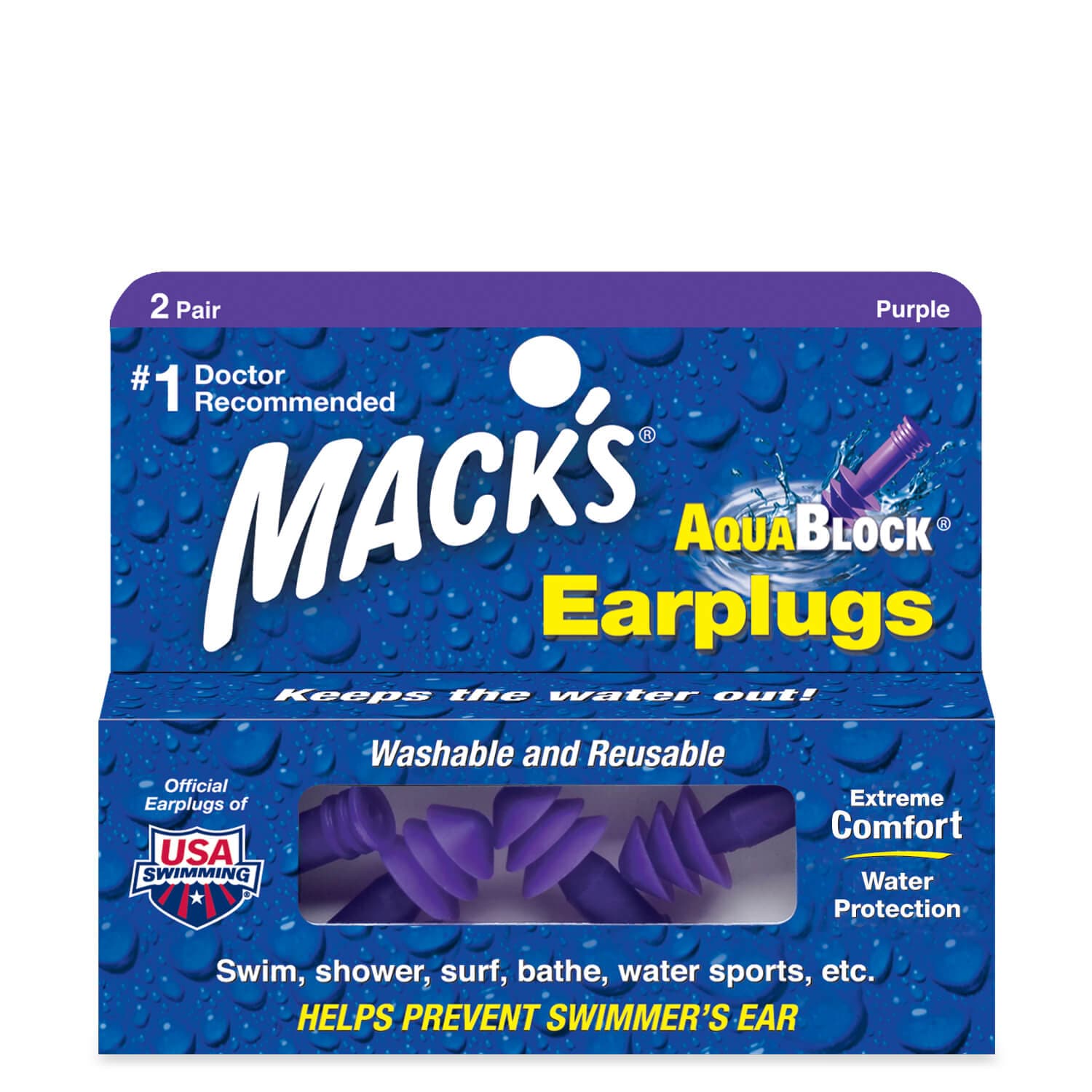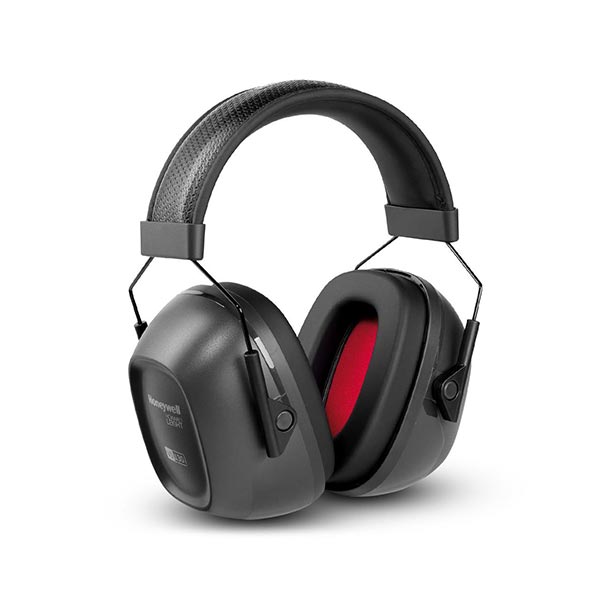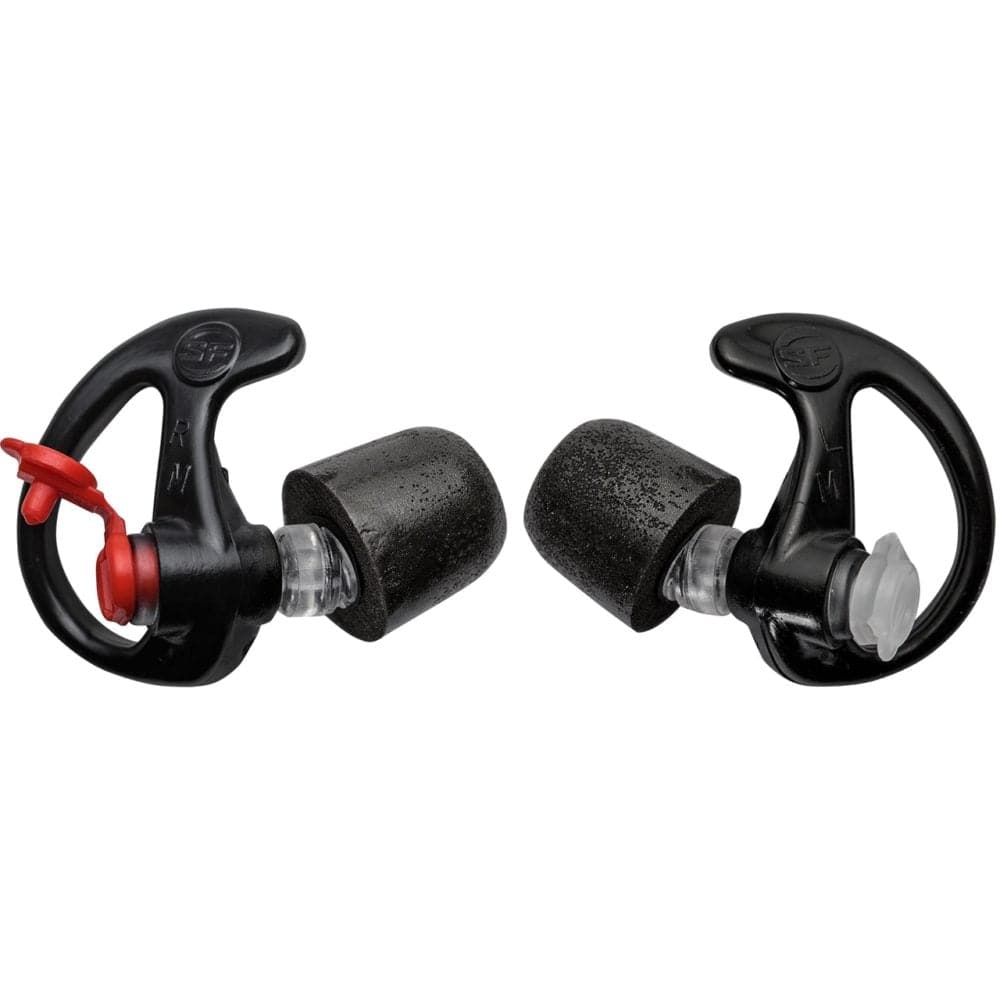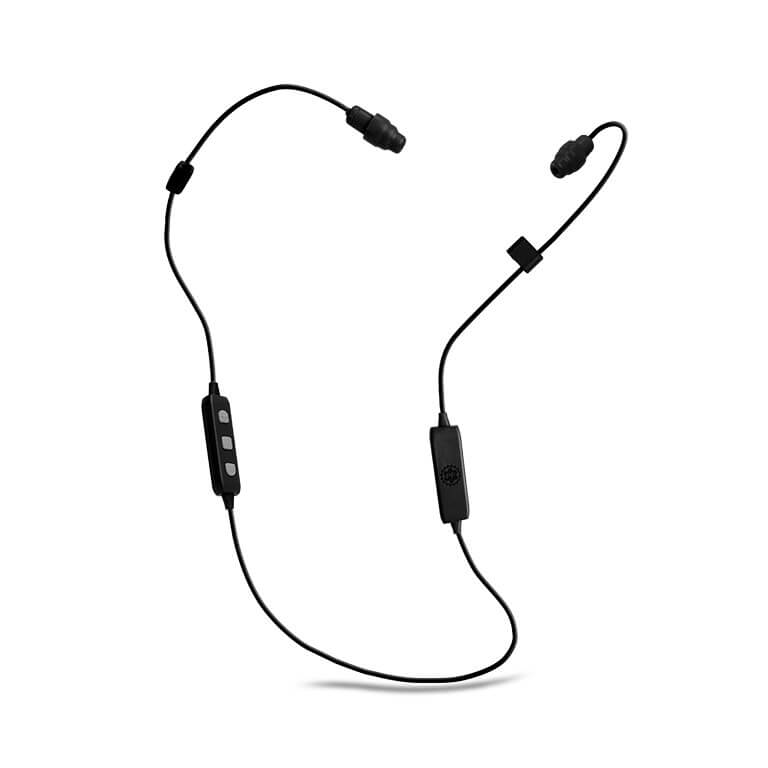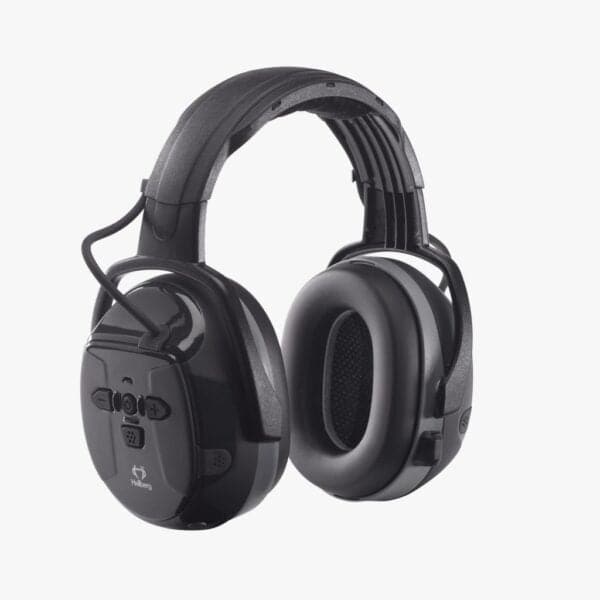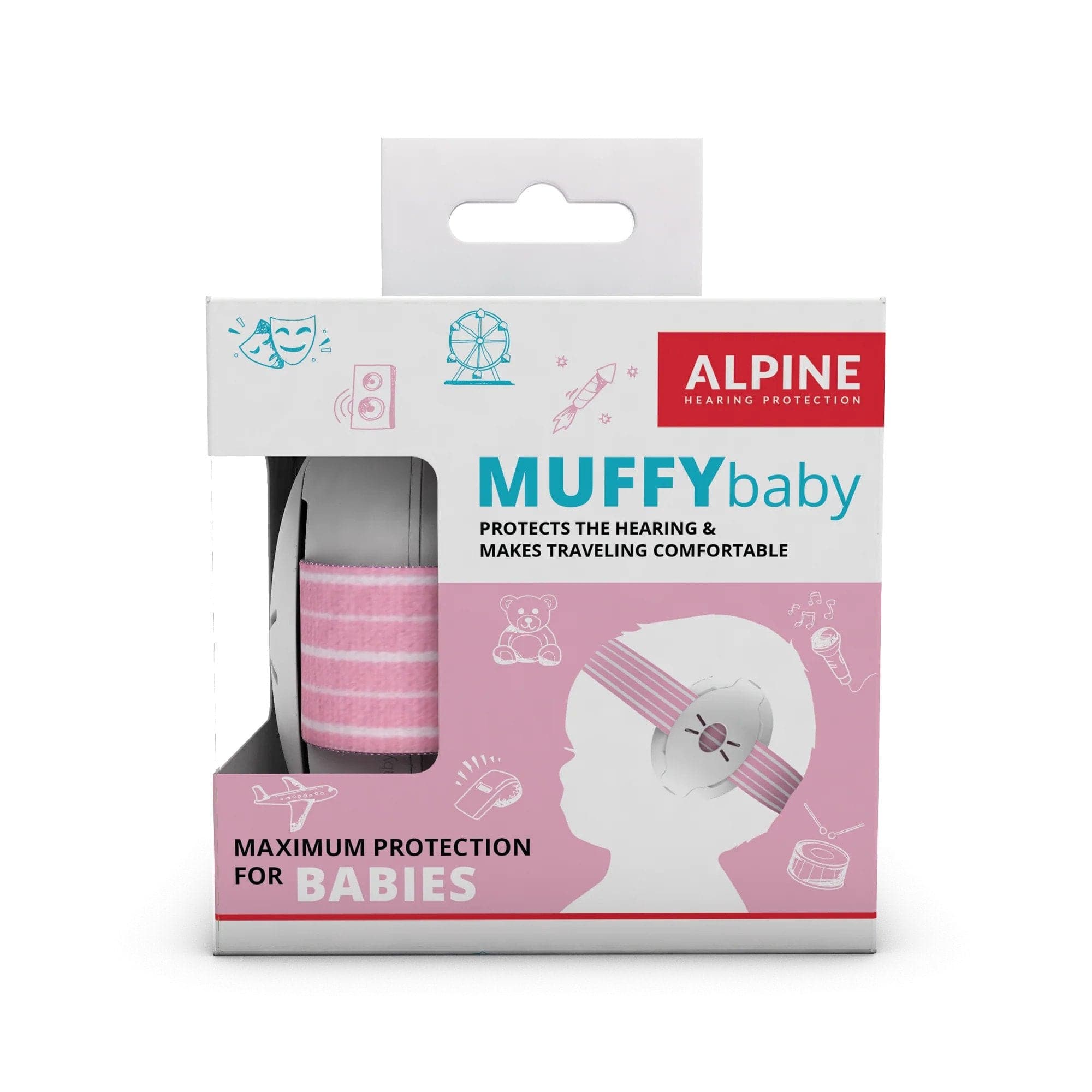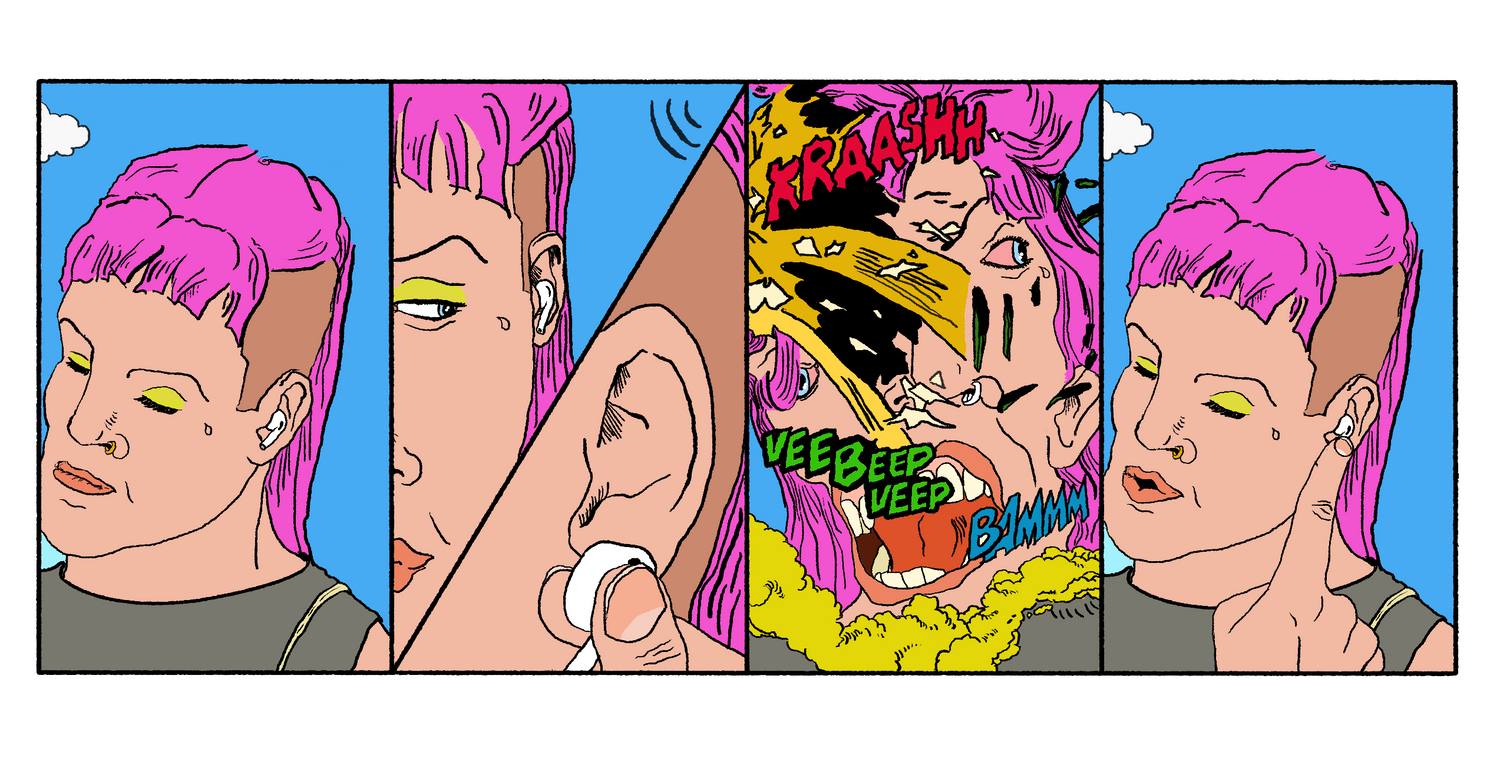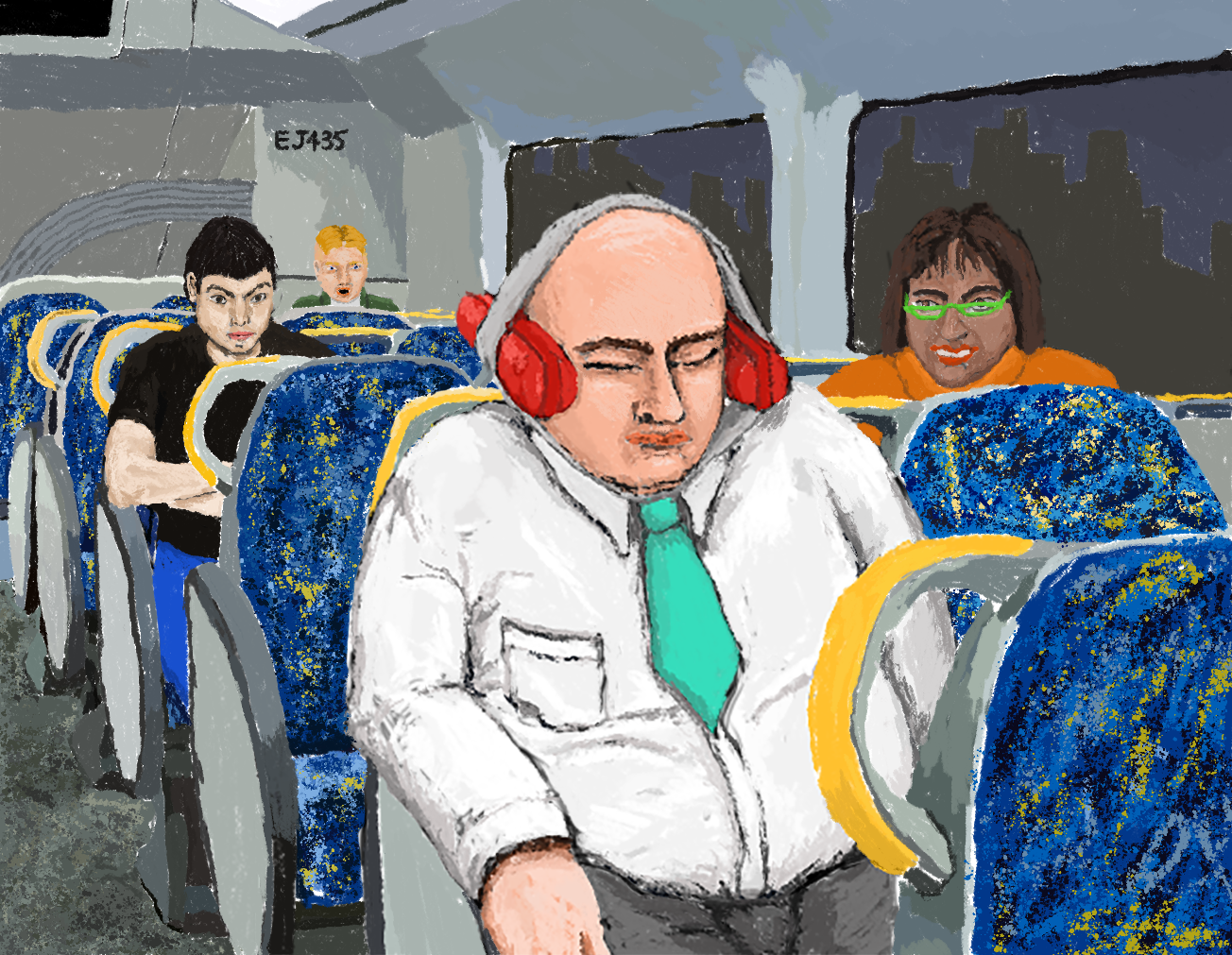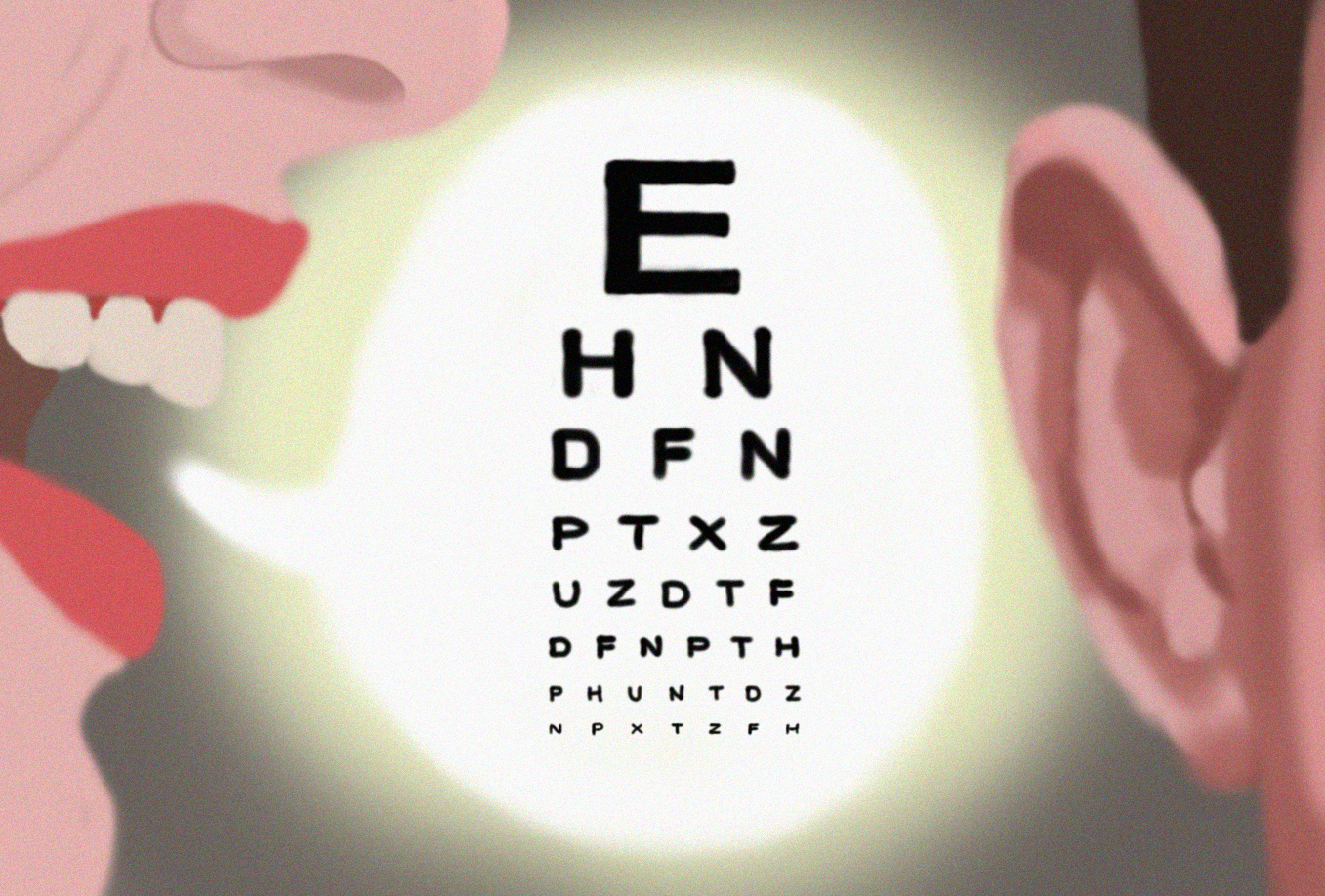According to Beyond Blue, Anxiety is the most common mental health condition, affecting over two million Australians each year. We’ll all experience anxiety at some point and it can be caused by many things: relationships, work or joblessness, financial concerns, and other social and cultural factors.
Surprisingly, it can also be caused or aggravated by noise.
In 2018, the World Health Organisation undertook an extensive study that measured the impact of noise pollution on individuals in Europe. It found that “Noise is [a] nonspecific stressor that has been shown to have an adverse effect on human health.” More specifically, they identified evidence for a relationship between noise pollution and “cardiovascular disease, cognitive impairment in children, sleep disturbance [and] tinnitus.” To put it simply:
- Long term exposure to noise pollution, even at lower volumes, contributes to stress and anxiety.
- It does this indirectly, by reducing the quality of sleep and minimising opportunities for quiet reflection, and also directly through overstimulating the brain.
- These negative effects can be observed even in areas where noise sits around 50 or 60 decibels, far lower than the 85 decibel ‘safe hearing’ limit that you read about on the side of earmuffs or earphones.
The main issue is the persistence of noise. Noises that occur for long periods of time, such as traffic noise or construction, are the worst for your ears. Even if they seem quieter than a loud lawnmower or power tools, the persistent atmosphere of disruption they create causes stress gradually over time. If you find yourself being woken up by the noise, or if you ever complain of being “unable to hear yourself think,” then it’s likely you’re already experiencing the harmful side effects of noise pollution.
But it’s not just the World Health Organisation. This link between the stress-inducing noise pollution and your wider physical health has been explored in other studies.
In a 2018 study by the AHA and discussed by Harvard University Health, the long term impact of noise on heart health was gauged for the first time. 500 individuals with no history of heart disease were examined once and then five years later re-examined, with their results compared against the reported level of noise exposure at their homes. In this study “the people with the highest levels of noise exposure [had] more than three times the risk of suffering a heart attack or a stroke compared with people who had less noise exposure.”
The great irony of all of this is that, as your hearing declines with damage, you become more sensitive to these disruptive environmental noises. You might struggle with hearing conversation, only to become hyperaware of the sounds of passing trucks, further contributing to your stress levels and lowering your overall health.
All in all, a persistent atmosphere of noise, even if it’s below the 85 decibel limit, can cause long term damage.
So what can you do about it?
The starting point is to try and gauge how noise is present in your everyday life. For a week, keep a ‘hearing diary’ that tracks all the different sounds you’re exposed to day to day. You can use paper or even just the notes app on your phone, but be diligent in keeping it updated. Maybe you’re listening to lots of music? Note down what time, what kind of music, how loud and for how long. Maybe your neighbours are having renovations? Note it down, whether it’s short sharp noises or consistent low noises. Maybe you live near traffic? Note it down, noting particularly the times of the day when it’s most noticeable.
Once you have this information in front of you, it’s simple to begin planning a healthy hearing habit. You want to locate the loudest parts of the day and find a way of giving your ears a rest, whether through wearing earplugs, avoiding the noise entirely, or — if it’s something you’re doing yourself — finding a way to do it more safely.
- Avoidance: if you know that your neighbour mows his lawn with a loud ride on lawnmower for an hour every Sunday morning, that’s a great time to schedule your weekly trip to the shops. Often, small changes to your routine can be sufficient to mitigate the noisiest exposures of the week.
- Earplugs: maybe you’re dealing with consistent morning noise from traffic or construction, this is where a simple pair of sleep earplugs can do wonders. The Earjobs Silicone Putty are a comfortable, flexible, soft sleep solution, with great sound blocking, and moldable to fit all ear shapes and types. It’s rated to 22 SNR, able to dampen about 22 decibels of noise, more than enough to bring things down to an acceptable and healthy volume. You’ll sleep more soundly, even despite the ambient noise, and find yourself waking more rested and less stressed. Our entire sleeping range is available for view here.
- Change: Sometimes, however, you keep a hearing diary only to discover that you’re your ears’ worst enemy. Maybe you’re listening to music really loudly for hours each day, maybe you’re using power tools without proper protection. In the short term, the exhilaration you feel may seem like it’s worth it (there’s no thrill like the rev of a loud bike or a great drum solo) but over time not only will you damage your ears but, as the study shows, you’ll become hypersensitive to the kinds of noises that lead to stress, fatigue, and worse bodily health. Whether you work, play in a band, or ride a bike, there’s a proper hearing solution available to you in the Alpine Range.
For more information on signs your hearing may be damaged, check out our blog post on the subject here. If you have any questions, or want specific product advice, get in touch at support@earjobs.com.au.

